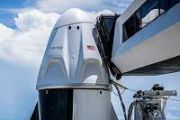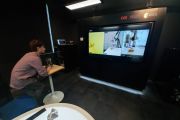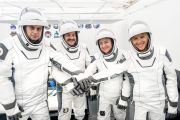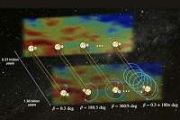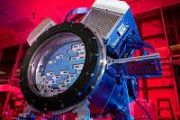
Copernical Team
Safe ISS operation should remain priority, Space Foundation says
 All countries participating in the International Space Station (ISS) project should focus on maintaining its safety and continued work, and keep in mind the long history of cooperation, as Russia is reviewing the future of its participation after sanctions, Space Foundation CEO Tom Zelibor told Sputnik.
In March, Roscosmos Director General Dmitry Rogozin said the Russian space agency will
All countries participating in the International Space Station (ISS) project should focus on maintaining its safety and continued work, and keep in mind the long history of cooperation, as Russia is reviewing the future of its participation after sanctions, Space Foundation CEO Tom Zelibor told Sputnik.
In March, Roscosmos Director General Dmitry Rogozin said the Russian space agency will NASA moon rocket faces more flight delays as repairs mount
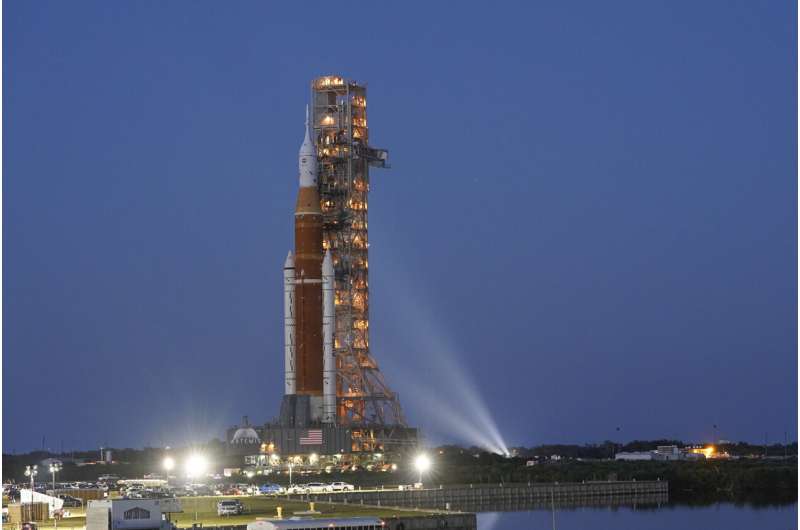
Sun releases significant solar flare
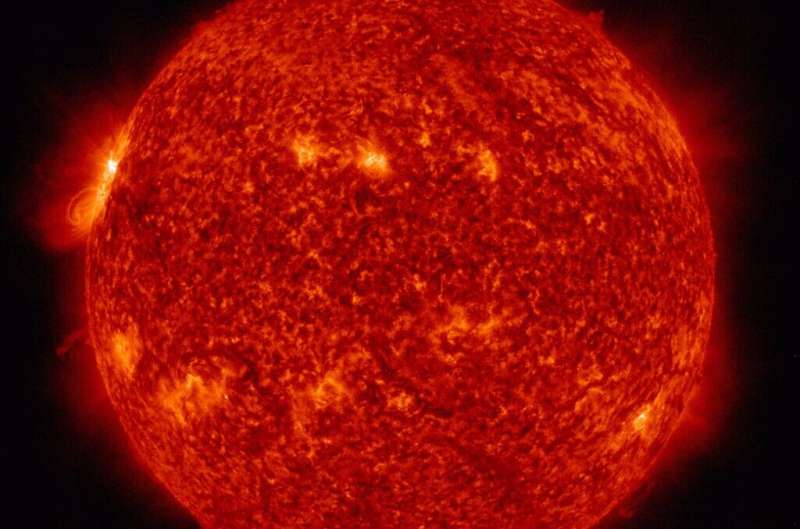
The Sun emitted a significant solar flare on April 16, 2022, peaking at 11:34 p.m.
NASA is having a tough time testing the SLS
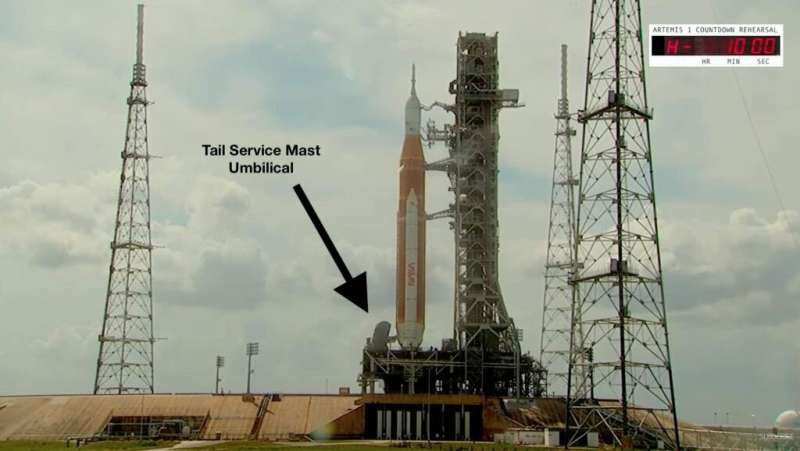
NASA's Space Launch System (SLS) has been having some problems getting tested since it rolled out onto launch pad 39B last month. These tests, called wet dress rehearsals, are used to find any problems with loading the propellant and verify that all of the rocket's systems are able to handle it being exposed to cryogenics.
After this most recent attempt on April 14th, it is clear that the SLS isn't ready for flight yet. The problems that the teams have been encountering have led them to make some procedural changes and slight adjustments in operations and software triggers. There are also the leak problems that have shown up that have to be addressed.
Satellite payloads soar into space with liftoff of Long March-4C rocket
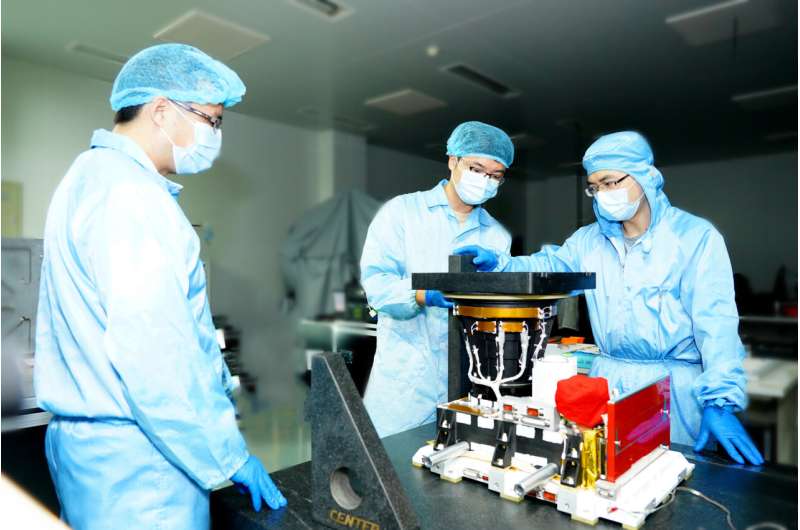
An atmospheric environment monitoring satellite was sent into space by the Long March-4C rocket lifting off from the Taiyuan Satellite Launch Center in Shanxi Province, north China early Saturday.
Five atmospheric environment monitoring payloads are carried on the satellite orbiting the Earth, three of which are developed by the Hefei Institutes of Physical Sciences (HFIPS) of the Chinese Academy of Sciences, namely environmental Monitoring Instrument (EMI), Directional Polarization Camera (DPC) and Particle Observation scanning Polarization Meter (POSP), working independently or collectively to monitor the air pollutants at global scale.
With a maximum field of view of 2,600 kilometers, it can cover the entire earth in one day and has a minimum spectral resolution of 0.6 nanometer, enabling EMI to accurately identify unique information in the absorption spectra and then detect and monitor polluted gases such as nitrogen dioxide, sulfur dioxide and formaldehyde.
For DPC and POSP, researchers at HFIPS proposed an innovative detection program called "Crossfire," which combines the spatio-temporal distribution of global atmospheric aerosols and clouds obtained by DPC instrument and the high-precision atmospheric aerosol parameters obtained by the POSP instrument across orbit.
Excitement building at Baltimore institute for the James Webb Space Telescope's observations
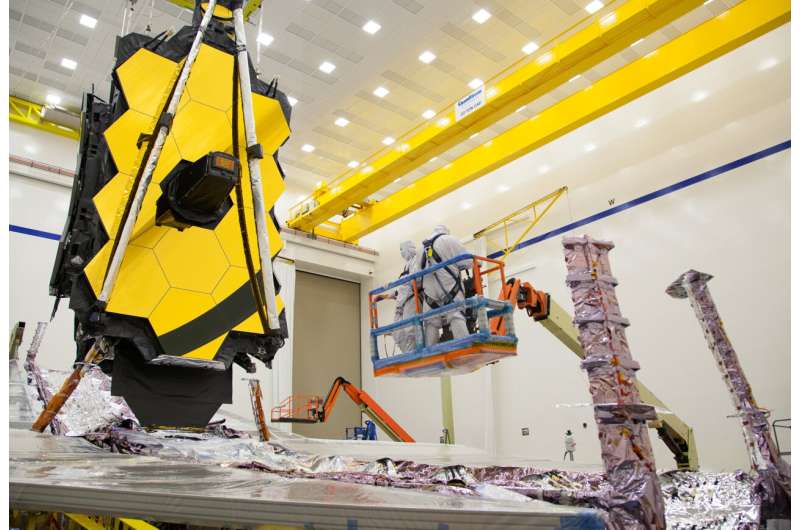
The image dazzles from a computer screen in the corner of the room: six beams of red-orange light bursting from a luminous Milky Way star.
But the most entrancing part of the picture—among the public's first dispatches from the revolutionary James Webb Space Telescope—lies in the background, where amorphous blobs are really swirling galaxies.
From a desk across the room in Baltimore's Space Telescope Science Institute, astronomical optics scientist Charles LaJoie zooms in, and even more cloudlike spirals appear, once concealed in the reaches of space.
For the scientists at the institute—the hub for all things Webb—the image is there as a reminder of what's to come. When all of Webb's 18 mirror segments are completely aligned, likely before the end of April, astronomers will be able to peer deeper into the cosmos than ever before.
To the astronomers in the room, seeing a background of galaxies from behind the world's most powerful telescope was anticipated. But for the engineers, focused for so long on building the telescope, it was a "wow moment," said Lee Feinberg, Webb's optical telescope element manager for over 20 years.
US intelligence satellite launched from California
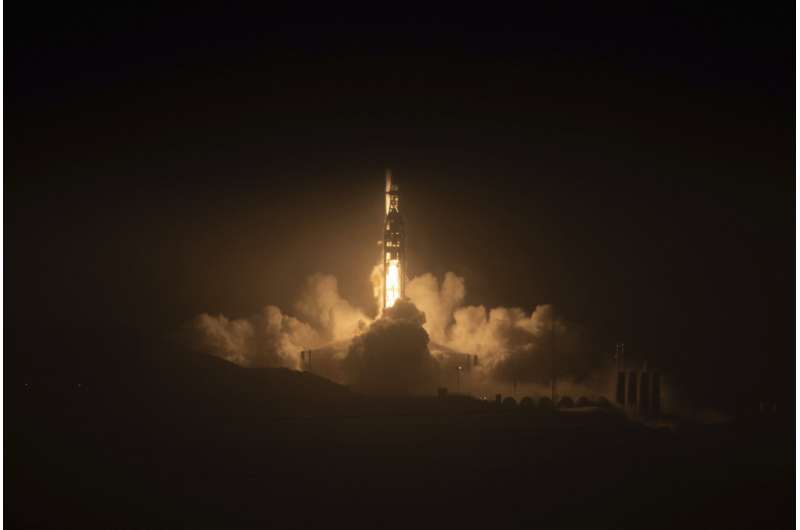
China sending up next space station crew in June
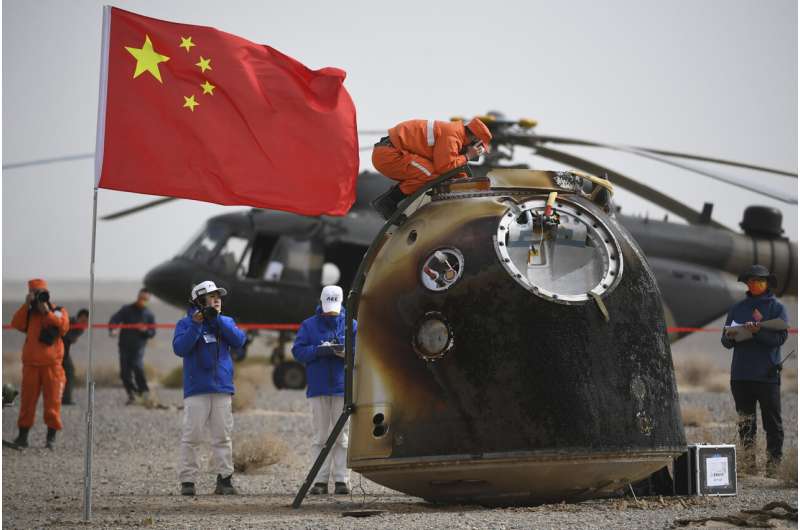
MetOp-SG-B weather satellite: Scatterometer flies through tests
 The flight model of the Scatterometer Antenna Subsystem (SAS) of the MetOp Second Generation meteorological satellites has been officially delivered after four months of extensive testing at the Airbus facility in Madrid. It will now be transferred to Airbus in Friedrichshafen (Germany) where it will be integrated into the satellite along with the other instruments.
The SAS protoflight mod
The flight model of the Scatterometer Antenna Subsystem (SAS) of the MetOp Second Generation meteorological satellites has been officially delivered after four months of extensive testing at the Airbus facility in Madrid. It will now be transferred to Airbus in Friedrichshafen (Germany) where it will be integrated into the satellite along with the other instruments.
The SAS protoflight mod Hughes announces distribution agreement with OneWeb Technologies
 Hughes Network Systems, LLC (HUGHES), an innovator in satellite and multi-transport technologies and networks for 50 years, has announced it signed a distribution agreement with OneWeb Technologies Inc., a wholly owned subsidiary of OneWeb, to deliver managed Low Earth Orbit (LEO) services to the U.S. Department of Defense (DoD). The agreement follows the launch of the industry's first managed L
Hughes Network Systems, LLC (HUGHES), an innovator in satellite and multi-transport technologies and networks for 50 years, has announced it signed a distribution agreement with OneWeb Technologies Inc., a wholly owned subsidiary of OneWeb, to deliver managed Low Earth Orbit (LEO) services to the U.S. Department of Defense (DoD). The agreement follows the launch of the industry's first managed L 


























